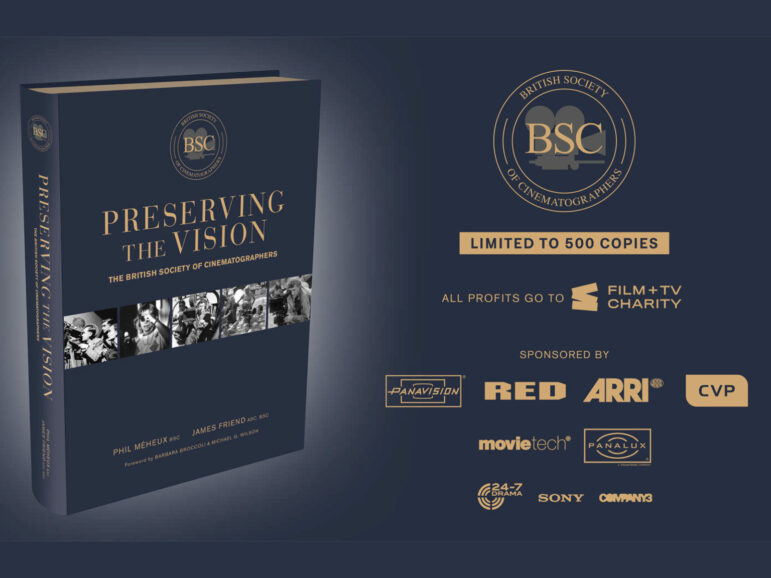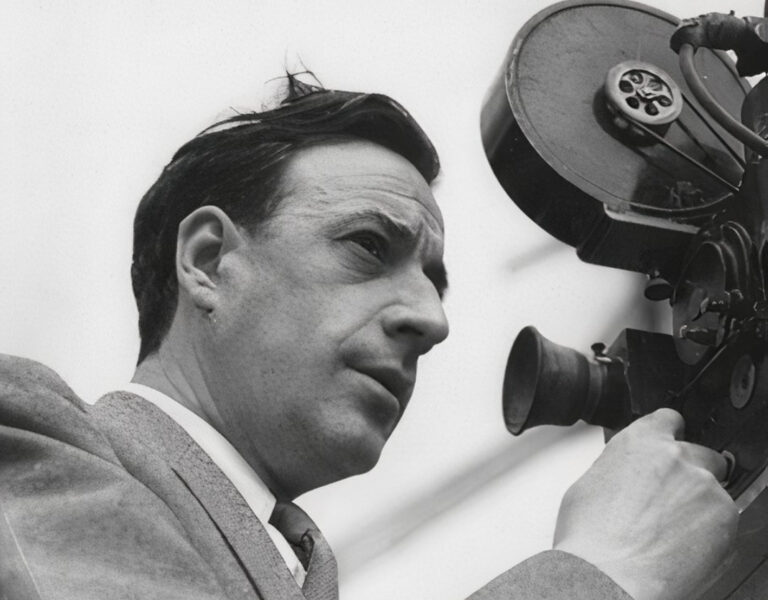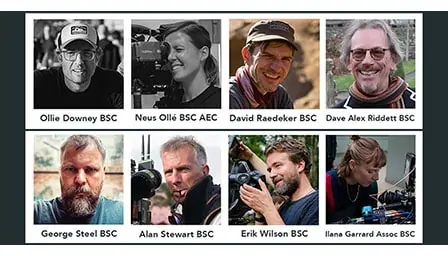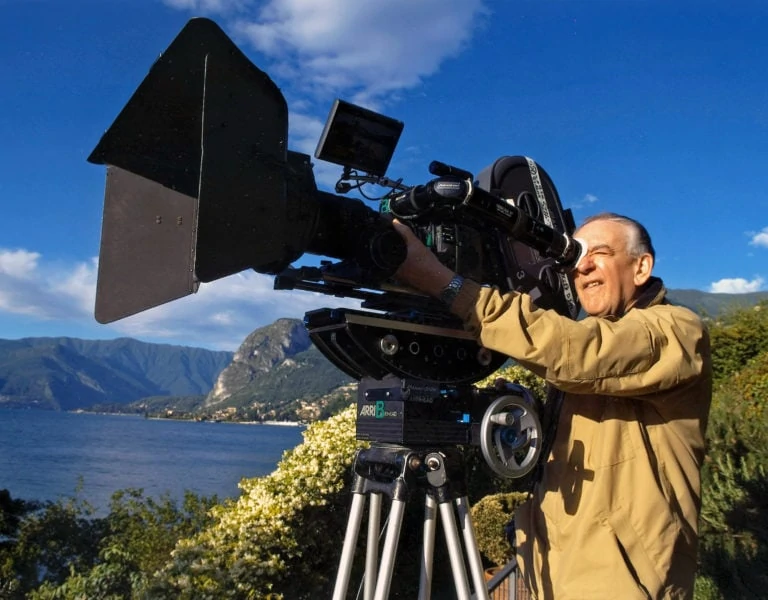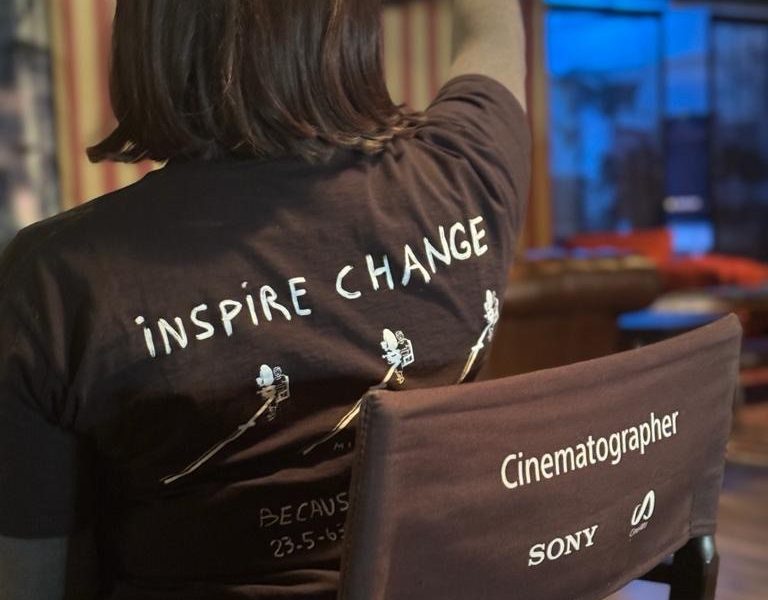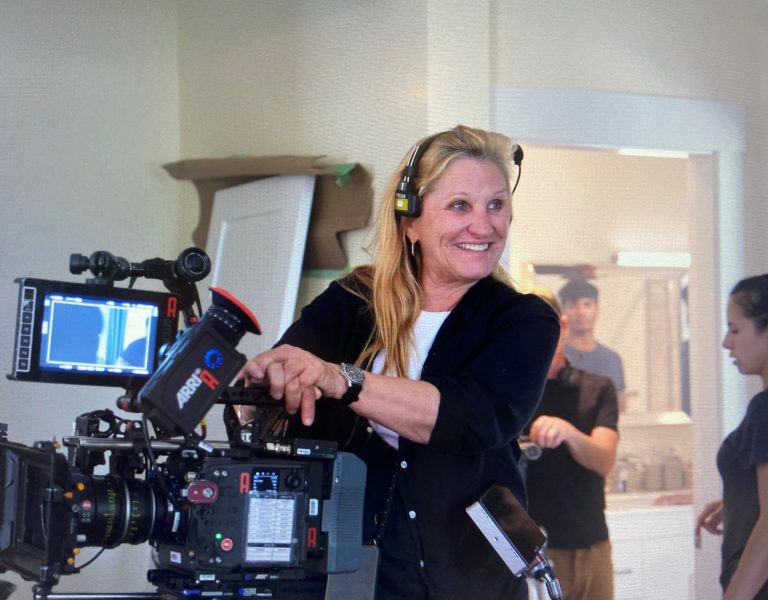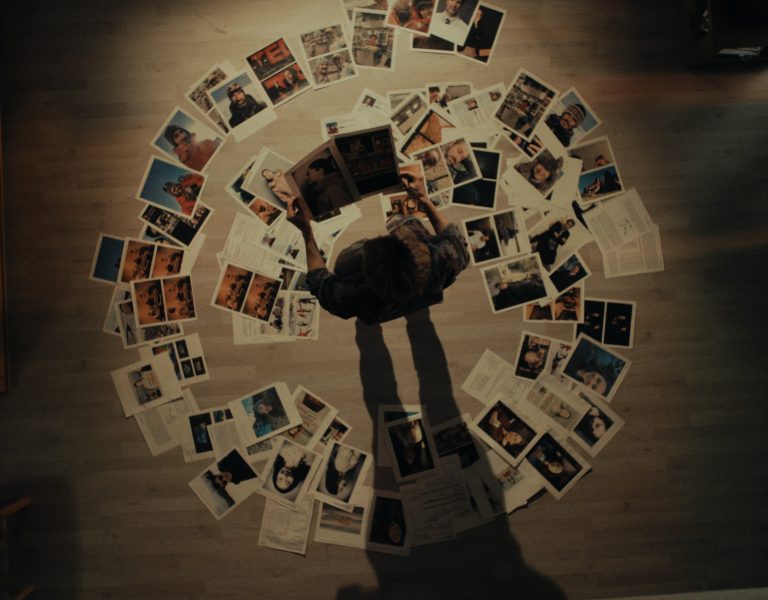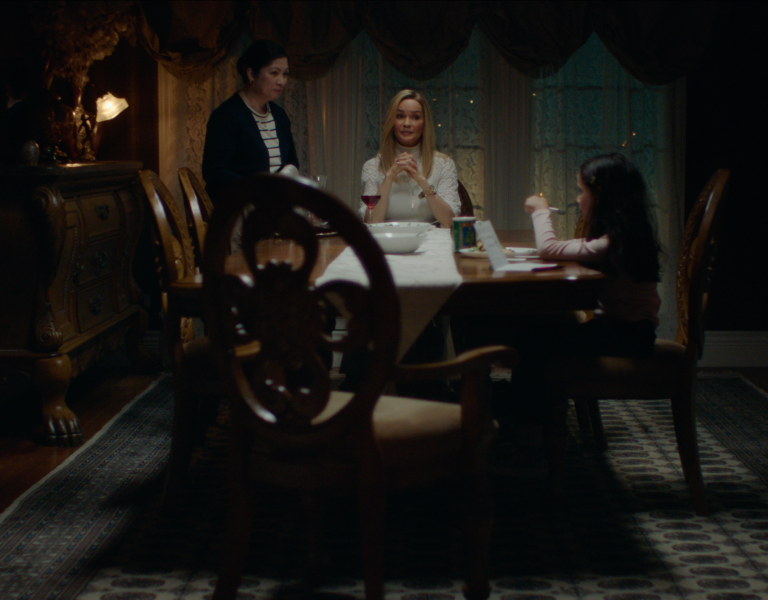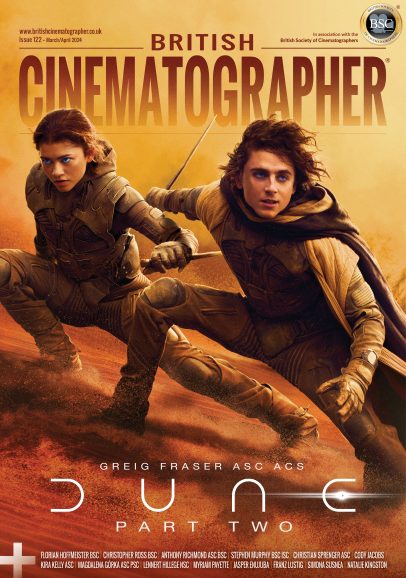CZECH CHANGEMAKER
Our BSC Heritage Series, adapted from profiles in the BSC’s Preserving the Vision book, continues with the gifted Otto Heller BSC, who worked on over 250 films.
Notable for the photography of The Ladykillers (1955 d. Alexander Mackendrick), BAFTA-nominated for Alfie (1965 d. Lewis Gilbert) and winner of the BAFTA Best Cinematography Award 1966 for The Ipcress File (1965 d. Sydney J. Furie), Otto Heller BSC (1896 – 1970) was born in Czechoslovakia, to a Jewish family.
He started as a cinema usher and then projectionist at a cinema in Prague. Later, at the age of 20, as a military reporter and cameraman with the Austrian Army on the Italian Front during WW1, he filmed the funeral of Franz Josef, Emperor of Austria. After the war, he worked as cinematographer all over Europe including London, Paris and Berlin and amassed something like 150 credits before emigrating to Britain to evade the Nazi annexation of Czechoslovakia. He became a British citizen in 1945.
In the early days, he was shooting small independent feature films at Gainsborough, one of the first being Alibi (1942 d. Brian Desmond-Hurst) with Margaret Lockwood and James Mason, but made his mark later in 1947 with distinctive noir lighting on They Made Me a Fugitive (d. Alberto Cavalcanti). Walter Lassally BSC GSC was a camera assistant on the film and commented on “a good contrasty, gutsy look which is all about contrast, separation, tonal range and so on” and again for Queen of Spades (1948 d. Thorold Dickinson) with his use of wide angles lenses and Gothic lighting often said to be “a masterpiece of British Horror”.
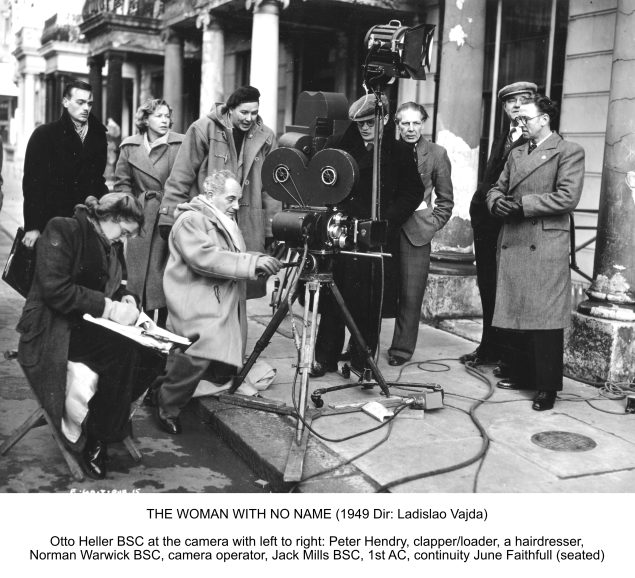
However, he was equally adept with Technicolor, the first being The Crimson Pirate (1952 d. Robert Siodmak) starring Burt Lancaster, and most notably The Ladykillers (1955 d. Alexander Mackendrick) following that with Olivier’s Richard III in VistaVision. Another great success was Michael Powell’s notorious Peeping Tom (1960), part of a series of Eastman Colour horrors produced by Anglo-Amalgamated. David Pirie writes, “Heller’s photography makes a virtue of the visual qualities of the Eastman stock, combining the muted tones of the drab London streets with the more expressive blues, reds and yellows in the room where the psychotic Mark Lewis (Karl Boehm) processes and screens the films of the murders he has committed”.
In 1965, Heller photographed Alfie (d. Lewis Gilbert, 1965 – BAFTA nomination for Cinematography) which made a star of Michael Caine. Duncan Petrie in his book The British Cinematographer writes, “… the film has a slightly grubby quality which reflects the exploitative nature of Caine’s barrow boy lothario”. He followed that, again with Michael Caine, with The Ipcress File for Sidney J. Furie. Shot in 2-perf Techniscope with an aspect ratio of 2.33 to 1, it won a BAFTA for Best Cinematography. Release prints were then ‘anamorphosized’ to a factor of 2.
Based on the novel by Len Deighton, Petrie comments, “the film abounds with forced angles – particularly extreme low shots – and Dutch angles, objects frequently obscure the audience’s vision of both characters and action. There is an important fight sequence in which the camera never leaves a telephone box.”
Heller was still working professionally when he died in 1970. His last credit is for Bloomfield (d. Richard Harris and Uri Zohar).
Other credits: over 200 feature films including The Divided Heart, Child in the House, The Sheriff of Fractured Jaw, Ferry to Hong Kong, Light in the Piazza, The Singer Not the Song, Tiara Tahiti, Masquerade, Funeral in Berlin, The Naked Runner.
–
Preserving the Vision
This piece was adapted from the book, Preserving the Vision. Compiled and edited by Phil Méheux BSC and James Friend ASC BSC, the book celebrates the history of the British Society of Cinematographers along with biographical details of every member since its inception in 1949 plus listings of their awards and notable credits.
The book can be purchased from the BSC by contacting Helen Maclean at helen@bscine.com. All profits will benefit the Film & TV Charity.
